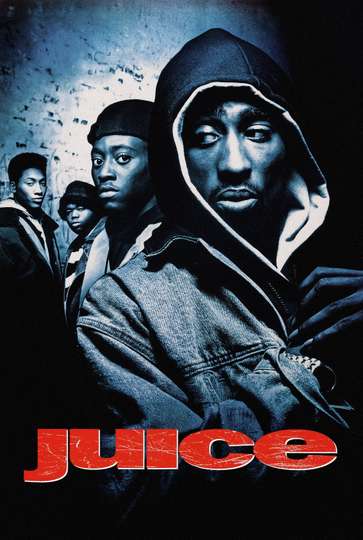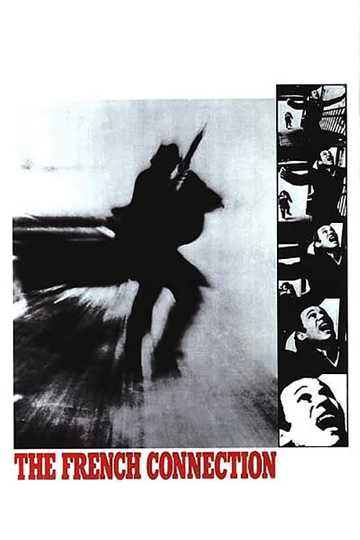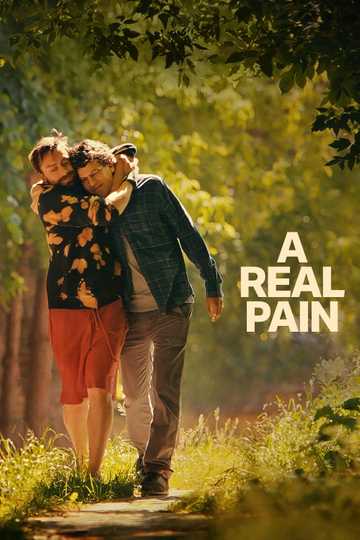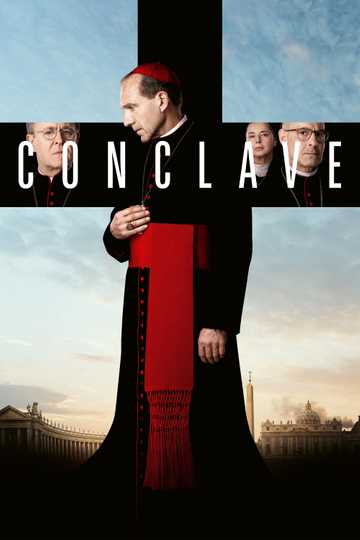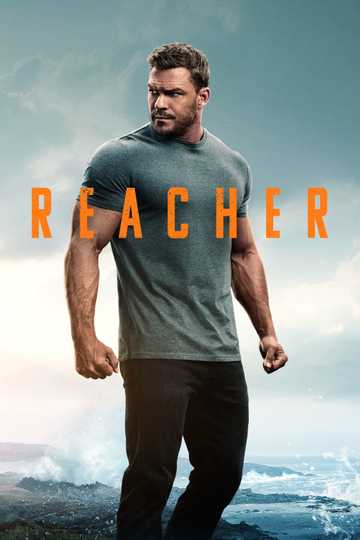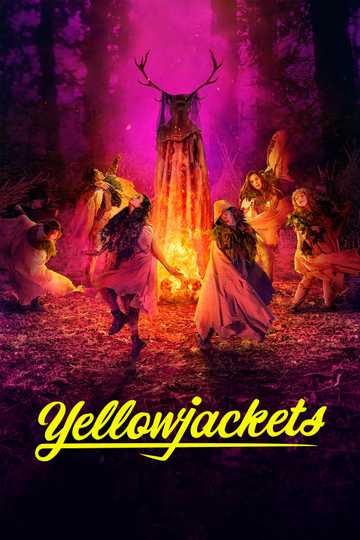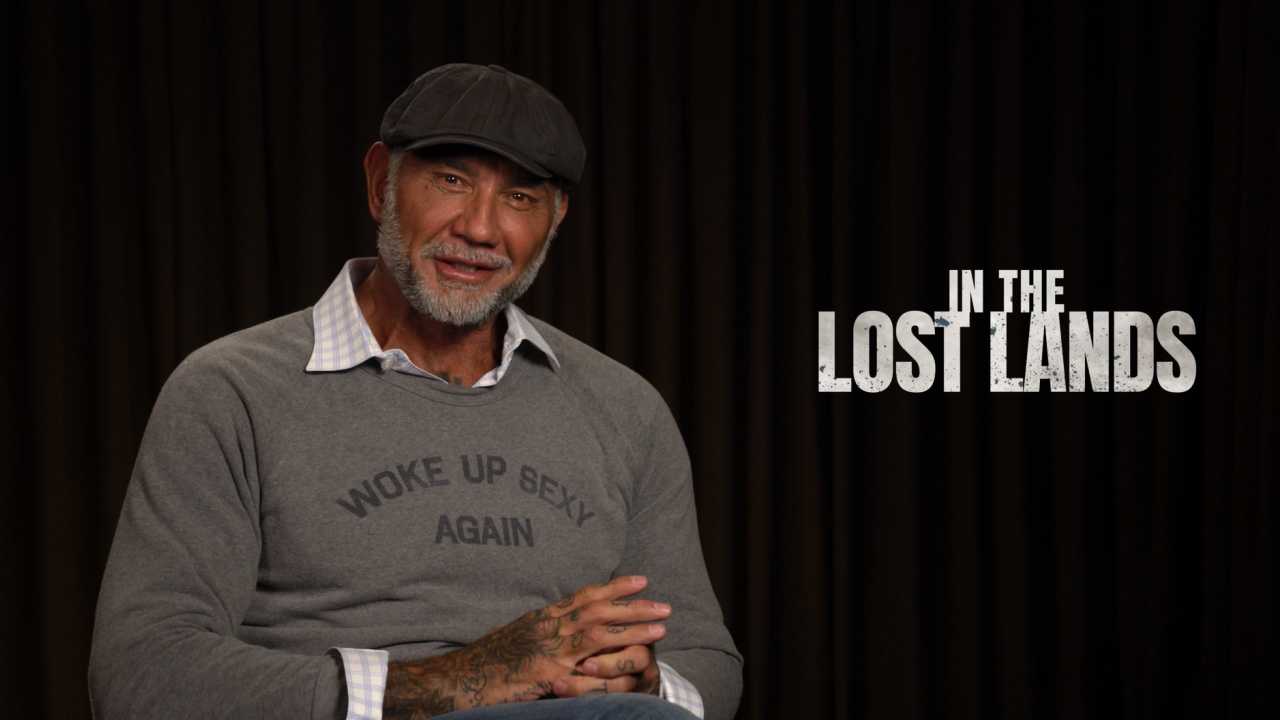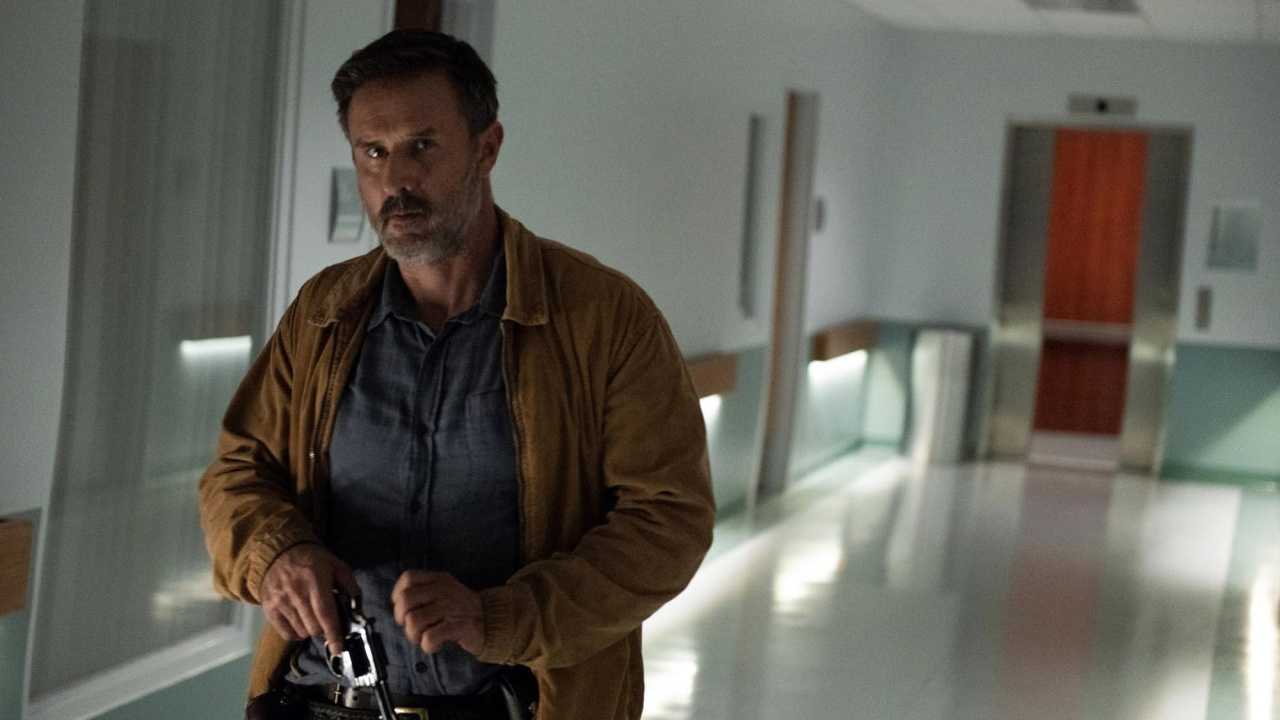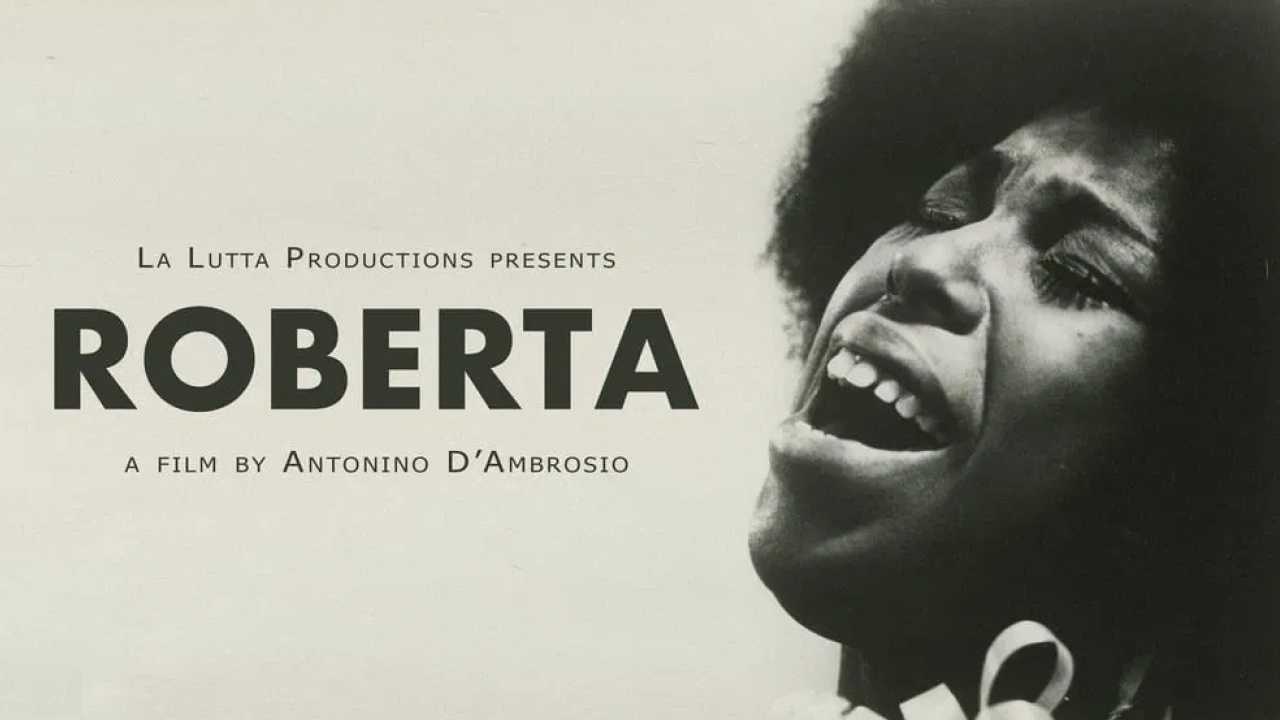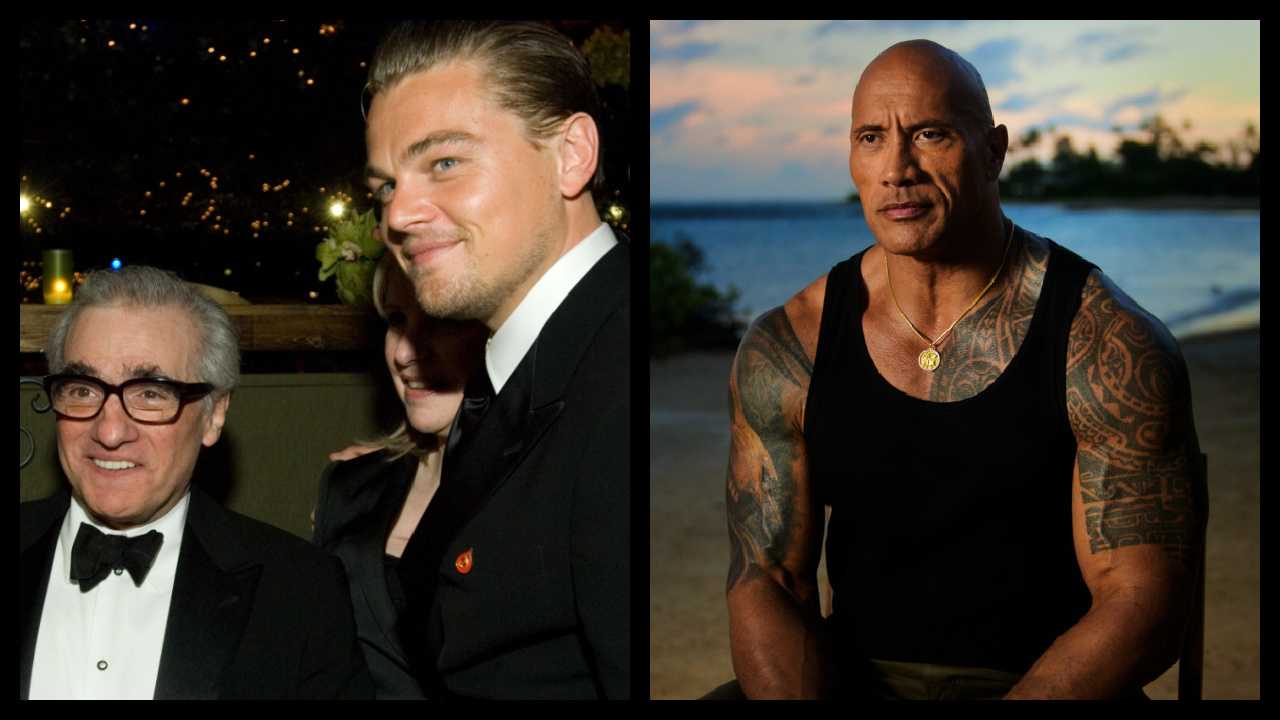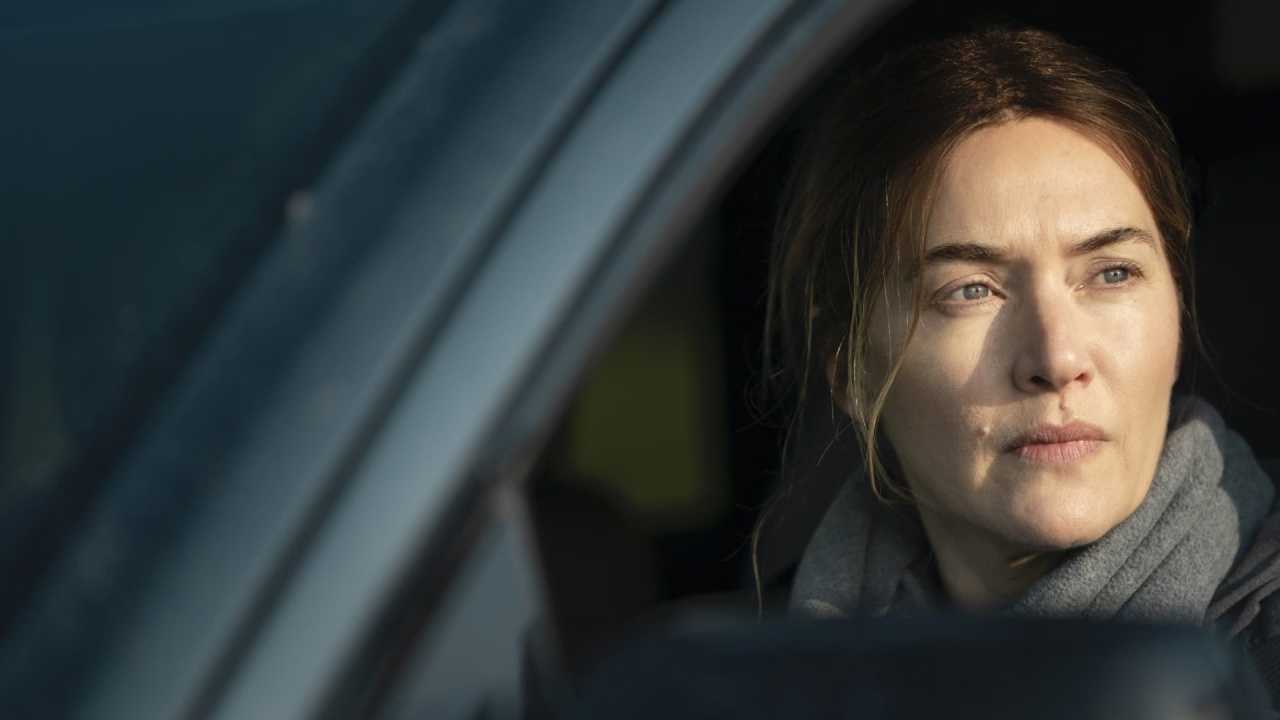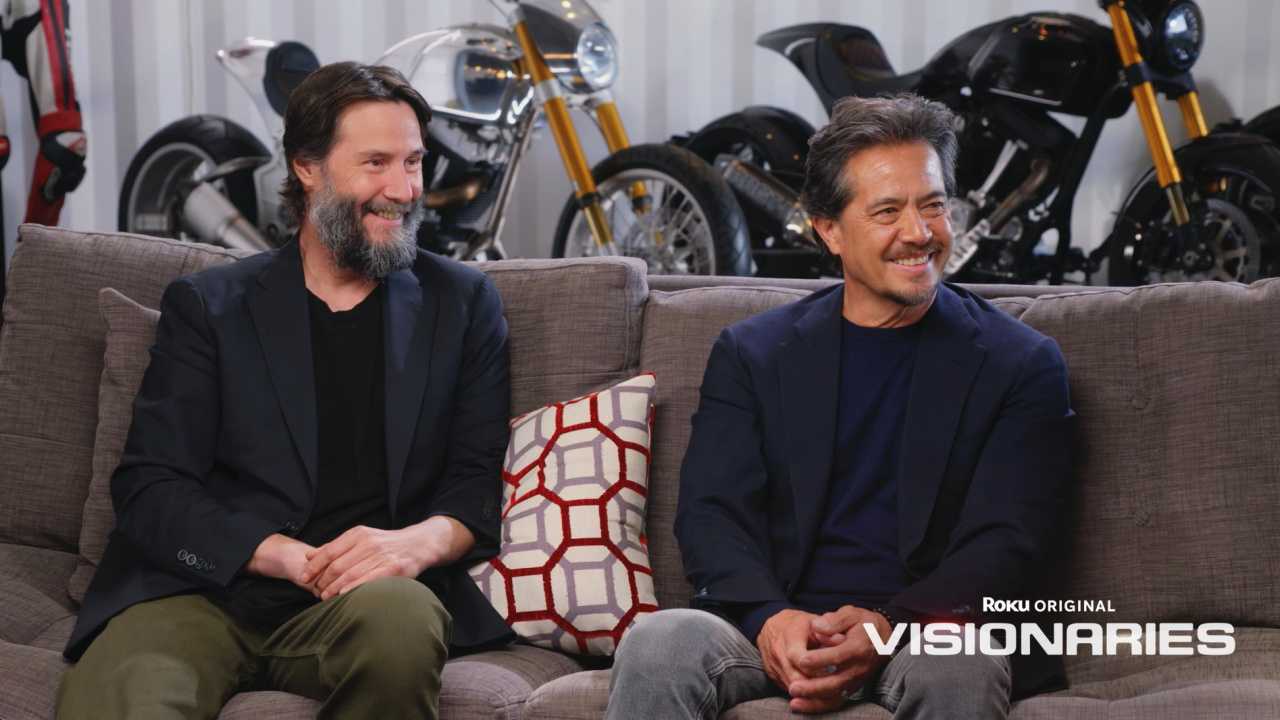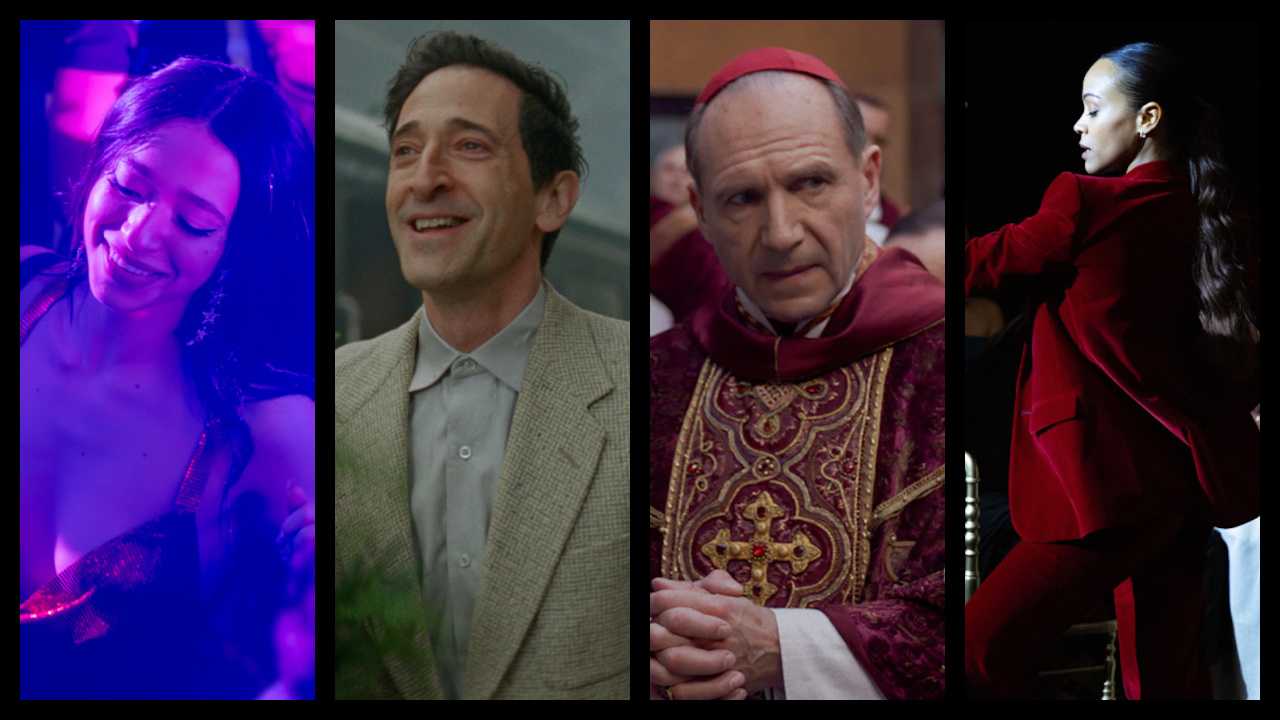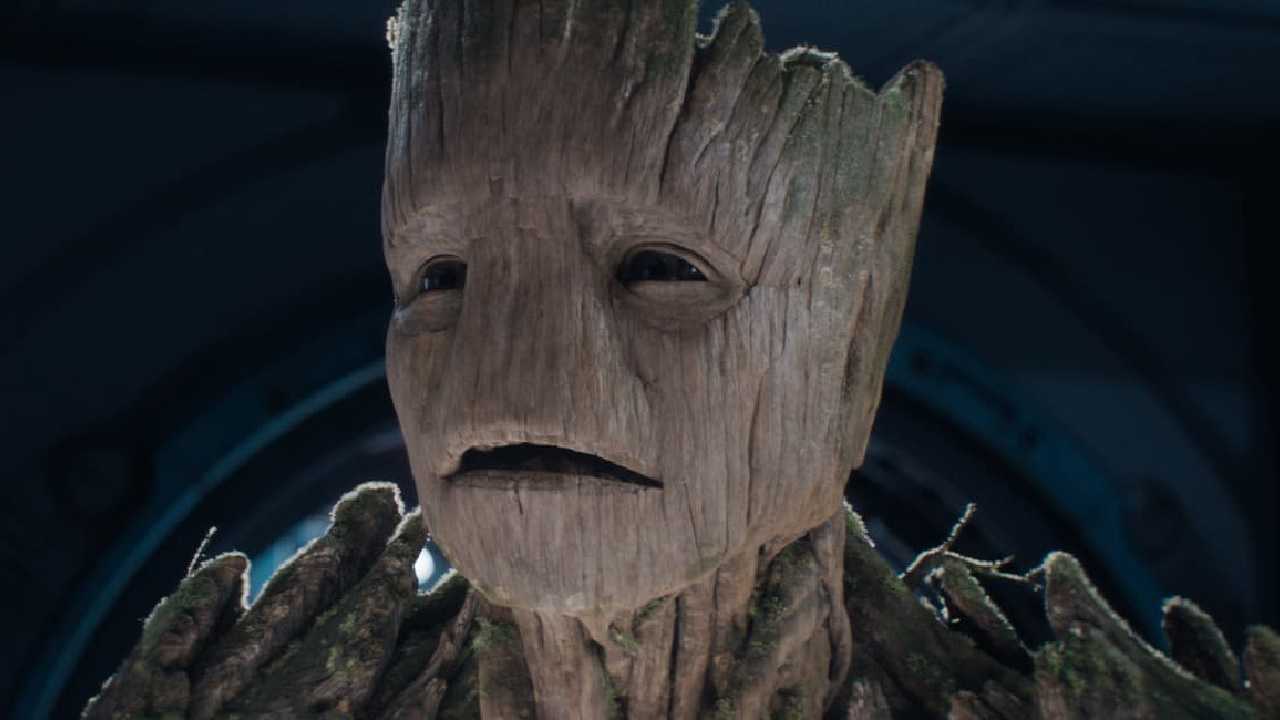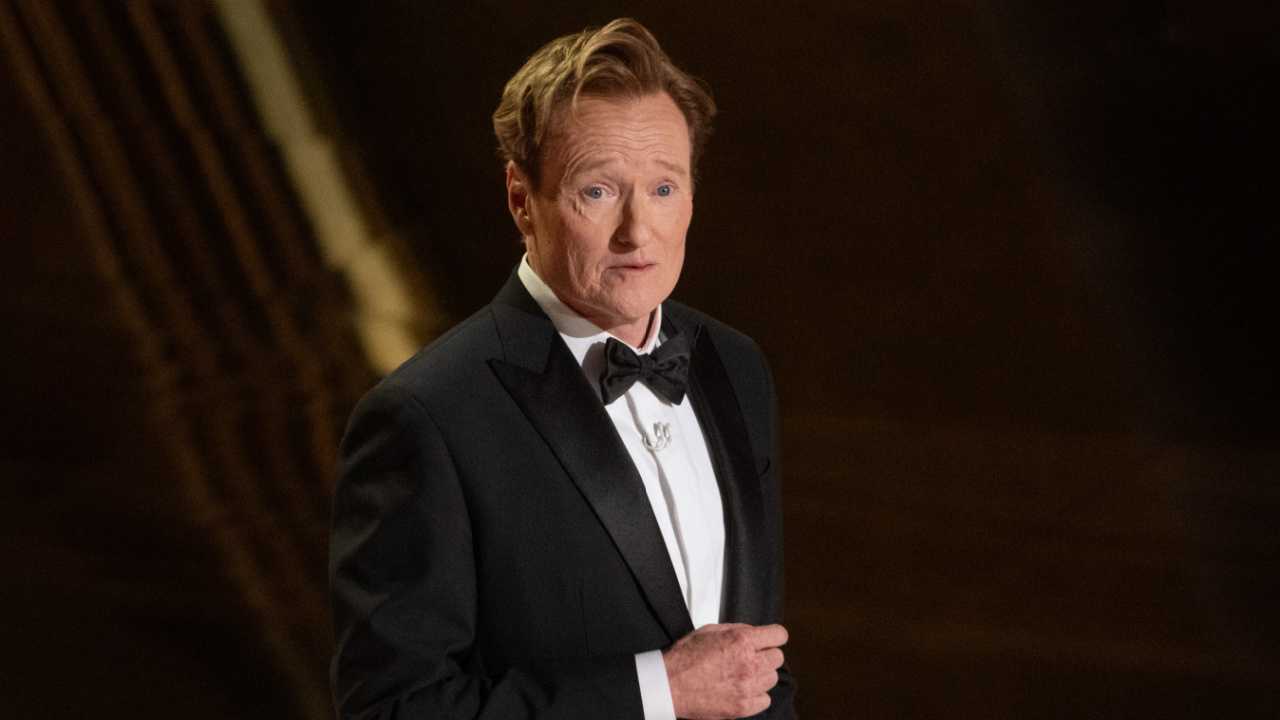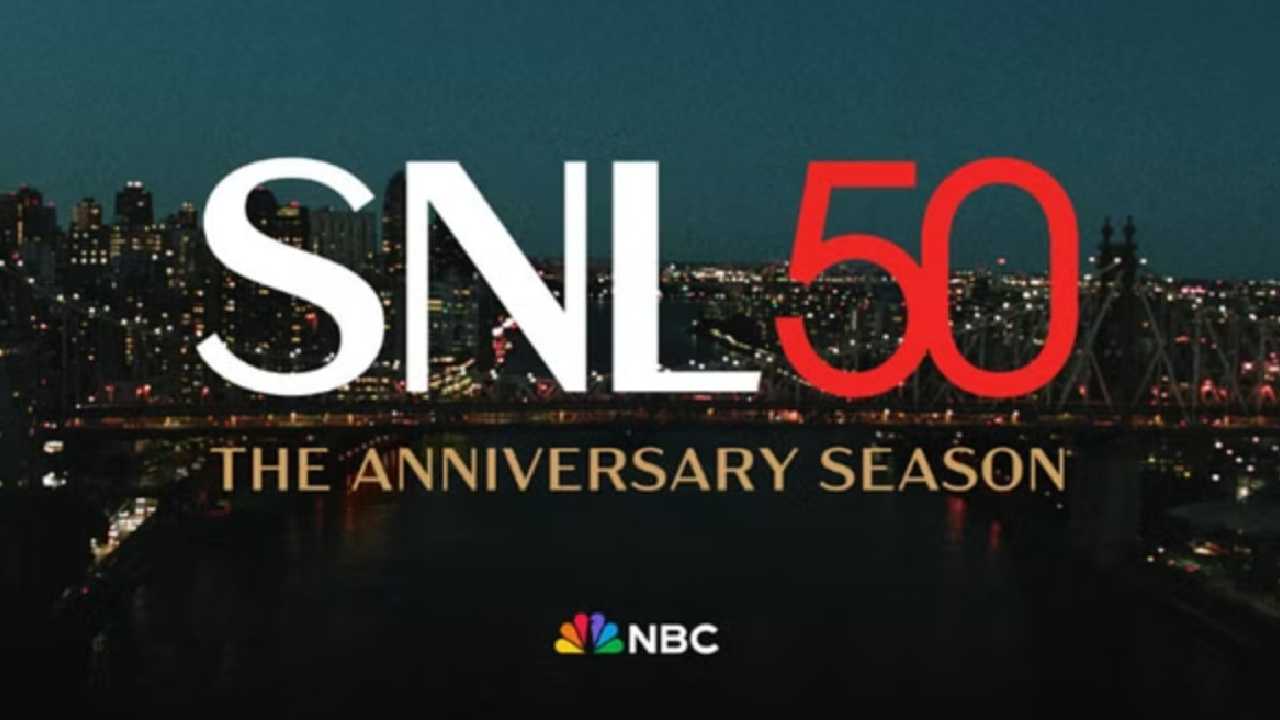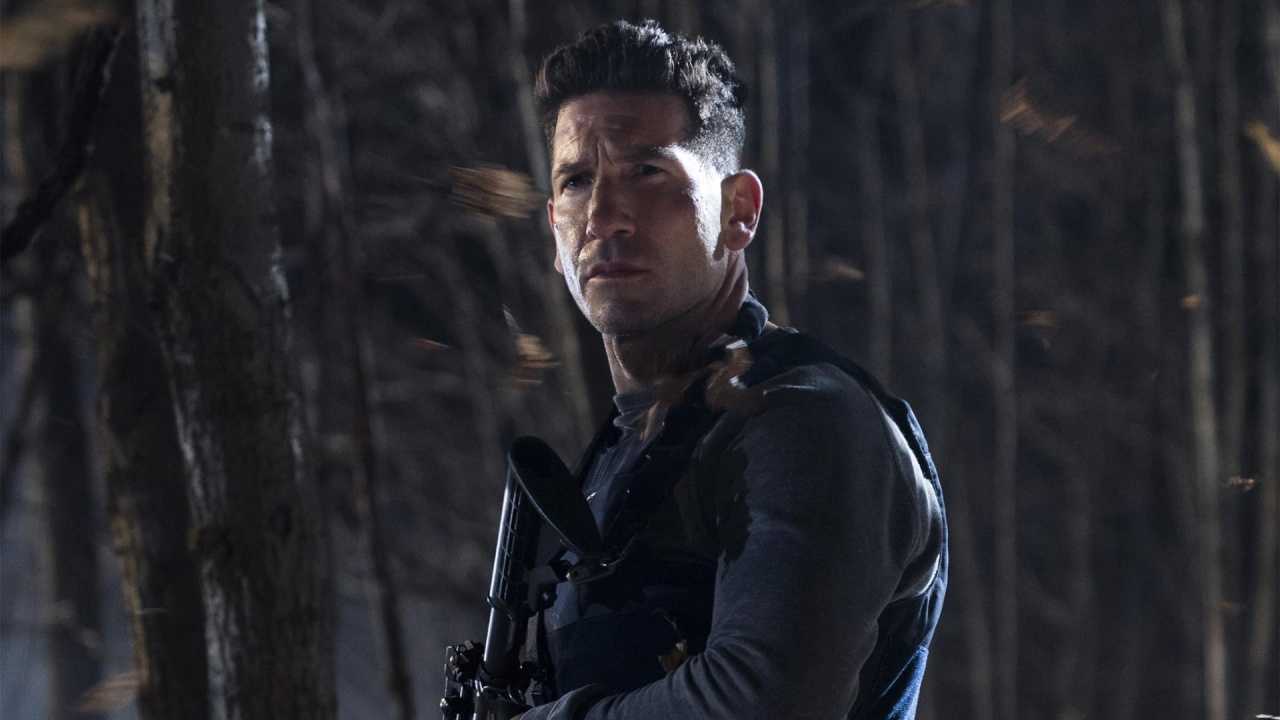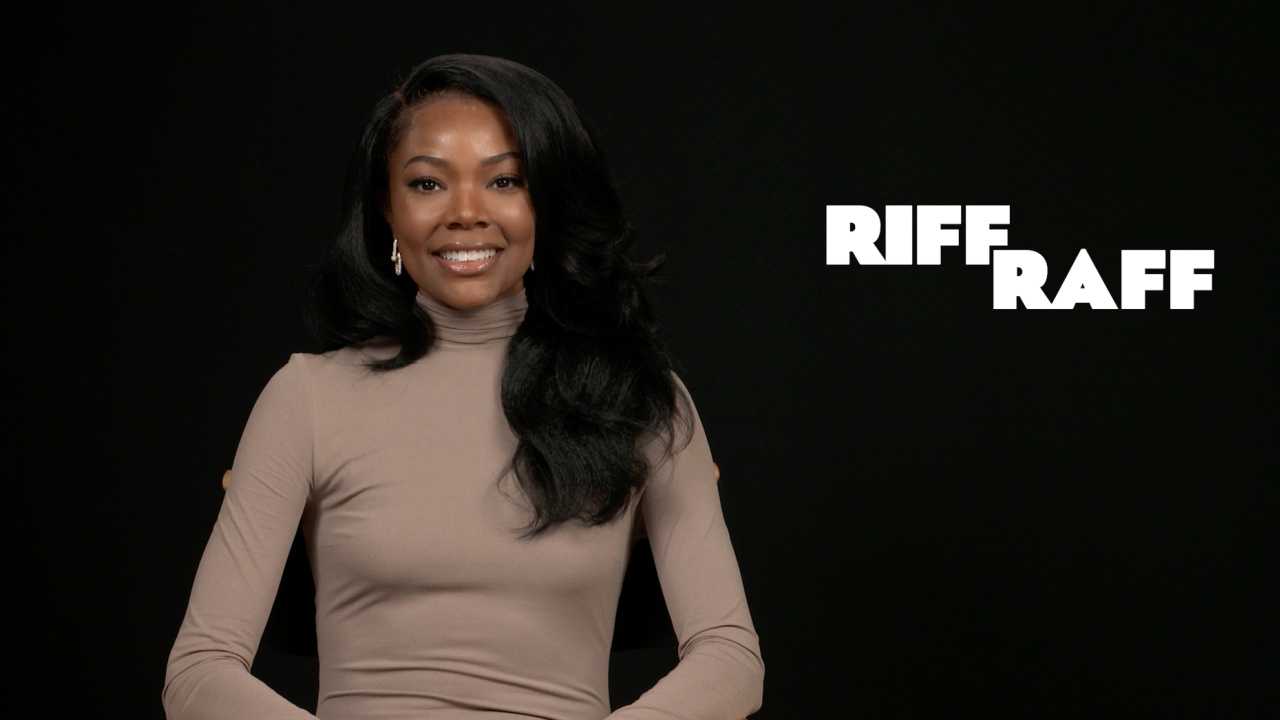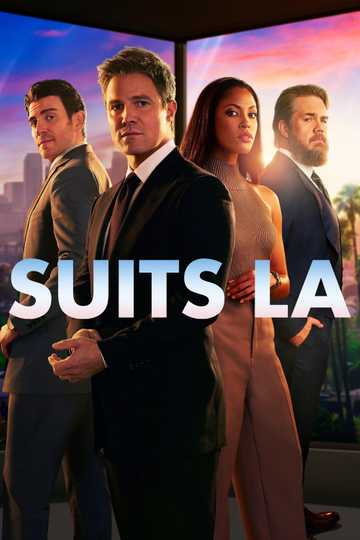Director Ernest R. Dickerson Talks 30th Anniversary of ‘Juice’
Celebrating the 30th Anniversary of ‘Juice,’ Moviefone speaks with writer and director Ernest R. Dickerson about his groundbreaking movie starring Tupac Shakur.
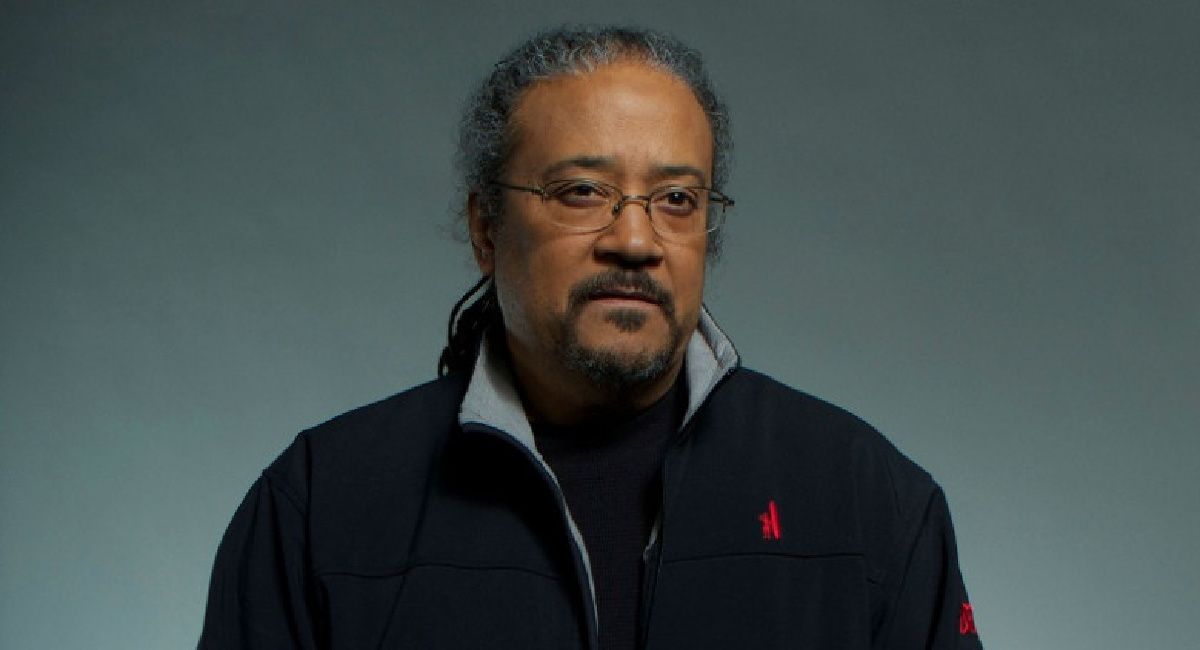
'Juice' director Ernest R. Dickerson
The groundbreaking 1992 movie ‘Juice,’ directed by Ernest R. Dickerson and starring Tupac Shakur and Omar Epps, will celebrate its 30th anniversary this year by releasing a 4K UHD Blu-ray on January 11th. The movie stars Epps as Q, a teen living in Harlem with dreams of becoming a DJ, when his best friend, Bishop (Shakur), convinces him to take part in a robbery that goes wrong.
Dickerson began his career as a cinematographer working with director Spike Lee on such iconic films as ‘She’s Gotta Have It,’ ‘School Daze,’ ‘Do The Right Thing,’ ‘Mo’ Better Blues,’ ‘Jungle Fever,’ and ‘Malcolm X.’ After co-writing and directing his first film, ‘Juice’ in 1992, Dickerson went on to direct ‘Surviving the Game’ with Ice-T, ‘Bulletproof’ with Adam Sandler, and ‘Bones’ starring Snoop Dogg. He’s also directed dozens of popular television programs including ‘Heroes,’ ‘The Wire,’ ‘The Walking Dead,’ ‘Dexter,’ ‘House of Cards,’ and ‘Bosch.’
Moviefone recently had the pleasure of speaking with director Ernest R. Dickerson about the 30th anniversary of ‘Juice.’ He discussed writing the movie, getting it made, casting Tupac Shakur and Omar Epps, and how working as a cinematographer for Spike Lee prepared him to direct his first film.
You can read the full interview below, or watch a video of the interview above.
Moviefone: To begin with, ‘Juice’ was your first feature film as a director, what is it like to see that the film is still beloved and relevant 30 years later?
Ernest R. Dickerson: I'm pleasantly surprised. You always hope that your film is going to have longevity when you make it, but you don't give it that much thought because you're just trying to get the film made in the first place. But to see that 30 years later, the themes of the film are still relevant today is sobering. But I'm gratified, I'm happy that it's lasted, and I'm glad a lot of younger people are able to see it.
When you're growing up, whether you're Black, White, Latino, Asian, Indian, you reach a point in your life when you're wondering what kind of power or influence do you have on your life, on where your life is going to go, and on your environment? What kind of juice do you have? Historically, it's part of human nature that when you reach a point in your life, you wonder what that is.
The forces that influence the decisions that you make to take your life ultimately into the directions that it goes, a lot of time, it's affected by peer pressure. That's one of the main themes in the movie, the effects of peer pressure. It can steer you in the right direction, or it can steer you in the wrong direction. And sometimes the quest for power, the quest for juice in your own life can take you in the wrong direction.
Our main character, Q, is finding his juice. He's finding juice through music. His mother probably couldn't afford to buy musical instruments for him, but he was able to take old turntables and use those as musical instruments as a scratch and mix artist, and that's where he's finding his juice.
But Bishop, played by Tupac, he takes a wrong turn in trying to find juice. To him, it's emulating the gangs that he sees in the neighborhood. That's where the drama comes from, that division that's going in two different directions, and the peer pressure that sometimes pulls you in the wrong direction. So, I think it's as prevalent today as it ever has been.
MF: How did you come up with the idea for the screenplay, and how did you develop it and eventually get it made?
ERD: Gerard Brown and I wrote the script in the early 1980s. I wrote it after I had graduated from NYU Film School around 1981. Before I started working, I started writing the script. Actually, it's an idea that I had had for a long time. But, when I had a summer job and I had to be there at seven o'clock in the morning, I'd see these kids that looked like they've been hanging out on the bus all night long. I was just wondering, "What kind of adventures do they get into?" I always thought, "Oh, God, there's a movie there."
Then years later, I started writing ‘Juice’. But in 1981, nobody wanted to make it. I took it around and I showed it to some people. They considered it to be too dark, and too much of a rough film. My agent, even he said that there was no way I was going to get this movie made, and ‘Juice' wound up sitting on the shelf for many years. Then finally around 1991, Gerard got a new agent, She wanted to see what he had written as a screenplay, and he showed her ‘Juice.’ She was amazed that we weren't able to get this movie made. Then she took it to several different studios that automatically wanted to make it.
When Gerard and I wrote ‘Juice,’ the idea was to use it to premier ourselves as the writer-director team. So, when it went to the different studios and they gave me a list of the directors they wanted to bring in, it was a three page list, and my name was the last one on the third page. Then we started getting notes from the different studios, they wanted to turn it into a comedy. They thought that it would play better as a coming of age comedy, starring young actors who were more well-known on television at that time. Gerard and I, we didn't like the direction it was going in, we just said, "No," and we took the script back.
We could have sold it and made a lot of money, but it would've meant putting our names on something that we didn't like, that we wouldn't have been proud of. You got to wake up and look at yourself in the mirror in the morning. So, we took it back, we said, "Well, that was that." Then I got a phone call out of the blue, from a young man named David Heyman (‘Gravity, ‘Once Upon a Time in Hollywood’), who was looking with a couple of partners of his for their first film as producers. They had gotten a copy of the script and they read it. David called me up and asked me to meet with them to tell them the film that I wanted to make.
We met, and I said, "Well, there's nobody that we know of who can act in this film." I said, "It's got to be shot on location. It takes place in Harlem so we got to shoot it in Harlem, it's got to be raw, and it's got to be real. I really think we got to go after unknown actors to really make it feel as realistic as possible." After saying that, he said he liked it and he asked me if I wanted him to get funding for it. I said, "Yeah." So, that's how that started, and then we started going after young unknowns and we shot it all in Harlem.

(L to R) Khalil Kain, Tupac Shakur, Omar Epps, and Jermaine Hopkins in 'Juice.'
MF: Can you talk about the first time you met Tupac Shakur? What was he like as a person then, and what was he like as an actor on set?
ERD: We found him purely by accident. He came in with someone else. He came in with a guy who came in to read. Tupac didn't come in to read. He was hanging out with his friend, and I was getting desperate because I wasn't finding the right actor for Bishop. I said, "Well, what about you, man? You want to read?" He said, "Yeah."
He ultimately read the part, auditioned and knocked it out the box. It was interesting because later on we found out that he had trained as an actor at the High School of the Performing Arts in Baltimore, and he got the job because he understood the pain underneath the anger that Bishop had. He knew that. What was really interesting, you could tell that Tupac was a student of human nature, he was a student of people, and he would talk to people.
When we started making the movie, if he saw somebody that looked like they were really going through some serious problems in their life, or somebody that just looked interesting, even on the street, he would go over and start talking to them. He always had a notebook, and he was always writing stuff down. I like to think that in talking with people and writing, I think what he was writing became his music that he ultimately shared with the rest of the world.
But he was just really open. He was open to the people in the neighborhood. The whole film we shot in Harlem, and folks in the neighborhood would come around and watch us shoot, and he would spend time talking to them. I think the that's why he was so successful as a rapper and why there's so much truth in what he put out as a rapper. Because he was a student of human nature, and he knew the forces that affected people and the decisions that they made or weren't able to make in their lives.
MF: When you did finally get to make 'Juice' in 1991, hip-hop was emerging as the dominate form of music, and you cast a lot of hip-hop artists in the movie including Tupac, Queen Latifah, Eric B., and members of Cyprus Hill. That is something that wouldn’t have happened had the movie been made in 1981. Do you think it was a case of “the right place at the right time?”
ERD: Yeah, it was the right place at the right time. It was interesting because I had just met Queen Latifah when I shot ‘Jungle Fever.’ She had that great scene in Sylvia's where she played the waitress. She's my homegirl, she's from Newark, New Jersey, and it's interesting because in the script, that part was originally written for Afrika Bambaataa. He was not available, and Latifah was, and had gotten a little bit of the bite of the acting bug having done ‘Jungle Fever.” She was available and we were able to get her.
The other people we were able to get, part of that came from the influence of Keith and Hank Shocklee. They were the masterminds behind Public Enemy's sound, and were also doing the musical score for the film. So, just finding those folks was really interesting because they liked what the film was about and they saw that there was a universality to what our story was all about. So, I like to think that they just wanted to be part of it because of that.
MF: What qualities did you see in Omar Epps that made you think he was the right young actor to play Q?
ERD: There was a soulfulness that Omar had and still has, and it's in the eyes. There was an innocence, but a toughness that was really important, you know? He was 17, a senior in high school, and trying to decide what his juice was going to be, where he was going to go. He was part of a little musical group, so he was at one point thinking that his future might lie in music.
I think he had dabbled in a little bit of theater in the neighborhood or something like that, but I guess ‘Juice’ helped make up his mind for him. Because he did such a beautiful job. You could see everything that he was thinking and what was going through his mind, it was all on his face, and that was the beauty of what he brought to the film.
MF: Finally, you began your career as a cinematographer working with Spike Lee. What did you learn about directing from that experience that prepared you to make ‘Juice?’
ERD: Well, what's interesting is that a lot of the films that I did as a cinematographer, the directors also acted in them. My very first professional film was ‘The Brother from Another Planet.’ and John Sayles played one of the bounty hunters who's after Joe Morton, the alien in the film. In film school, Spike never acted in his films, but he did it in ‘She's Gotta Have It’ because the original actor fell out at the last minute and he couldn't find anybody else, so he decided to take on that role. It put him in a position where from then on the deals that he made for the films, he had to act in them.
So, whenever that happens, it forces the cinematographer to be the co-director, because I have to be his eyes while he's in front of the camera. I've got to let him know what I see in and what he's doing, and if it's working, and the people around him as well.
It really opened my eyes and gave me a whole brand new respect for acting. When we did ‘School Daze,’ which is the film after ‘She's Gotta Have It,’ after shooting I would spend a lot of time talking with the actors like Giancarlo Esposito. We would talk in the hotel bar, and I would talk to him about what I saw him doing, his motivation, and what his character was doing.
It's something that continued in Spike's films all the way through. I even worked with the Chinese director, Peter Wang on ‘The Laser Man,’ and he acted in that. So, a lot of times I was forced into this position of being a co-director, so being able to talk with actors was something I think I got from that.
